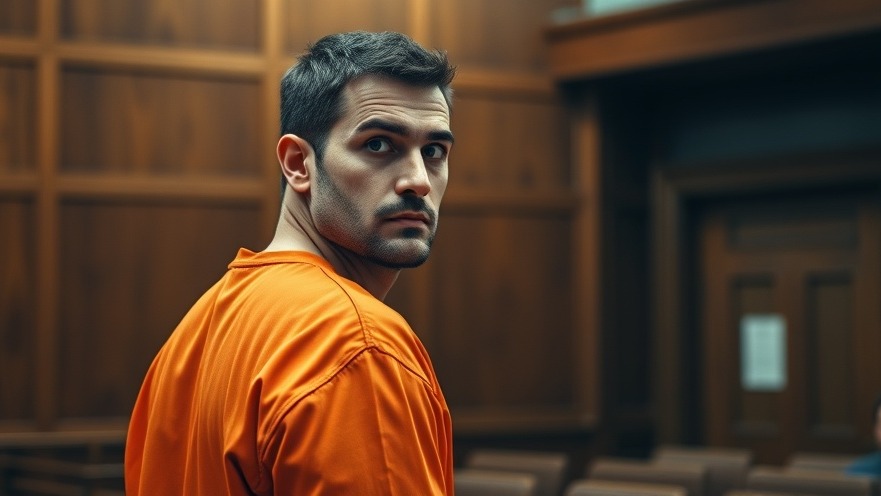
The Menendez Case: A Tragic Narrative of Crime and Family
The recent hearing on Erik Menendez’s eligibility for parole has reignited the public interest in a case that shook the nation more than three decades ago. On August 21, 2025, after a lengthy, nearly 10-hour hearing, Parole Board Commissioner Robert Barton, along with his panel, denied Menendez’s request for release from prison. This decision has left many wondering about the complexities surrounding mental health, familial relationships, and the public's perception of crime and redemption.
The Evolution of Public Perception
When Erik Menendez was convicted, societal attitudes toward crime and punishment were markedly different. Initially, the focus was largely on the sensational elements of the trial—menendez siblings' claims of abuse at the hands of their parents, and the ensuing tragedy of their brutal murders. As the years have progressed, public sentiment has shifted towards a more nuanced understanding of the factors influencing these heinous acts, including mental health concerns and the long-lasting effects of trauma.
Menendez’s Argument for Parole
During the hearing, Menendez sought to convey his growth and remorse, emphasizing that he no longer poses a risk to society. He stated that he has taken full responsibility for the crimes and highlighted the positive impact he has had on other inmates during his time in prison. However, the parole board's emphasis seemed to center on his history of violating prison policies, leading them to determine that he still presents an unreasonable threat to public safety.
The Role of Family Support in Parole Hearings
Another layer that complicates this case is the unwavering support from Menendez's family. Their presence during the hearing reinforced the notion that love and forgiveness can exist even in the face of horrific actions. Yet, Commissioner Barton pointedly remarked that family support does not necessarily equate to parole suitability. This statement raises critical questions: Can familial love truly serve as a buffer against the justice system? And does it have the power to influence the outcomes when weighed against the rules and regulations governing parole hearings?
Unpacking the Denial: Reasons Behind the Decision
The basis for the parole denial largely rested on the history of Menendez's behavior within the prison system. The parole board cited multiple violations, including inappropriate conduct with visitors, drug smuggling, and past episodes of violence, as indicators that he has not behaved as a model inmate. Each of these infractions contributed to the perception that Menendez may not have rehabilitated as thoroughly as he claimed.
The Legal and Emotional Implications
In light of Barton's comments and the decision to delay Menendez's next parole hearing by three years, many observers are pondering the implications of such verdicts. For Menendez’s family and supporters, this prolonged separation raises emotional and psychological concerns. What does this mean for the healing process of those involved, and how does it impact the family’s narrative as victims and supporters? The psychological toll of waiting for potential freedom can be immense, leading to myriad feelings from frustration to hopelessness.
The Future of the Menendez Case
Looking ahead, many questions remain. What will the next parole hearing reveal, and will Erik Menendez ever find freedom beyond prison walls? Moreover, how can this case act as a reflection of broader societal issues, including justice reform, mental health awareness, and the complexity of familial love in the context of crime?
As discussions continue, both through public discourse and legal avenues, it will be essential for both the Menendez family and the justice system to navigate these complexities with transparency and an understanding of their intertwined histories.
 Add Element
Add Element  Add Row
Add Row 



Write A Comment